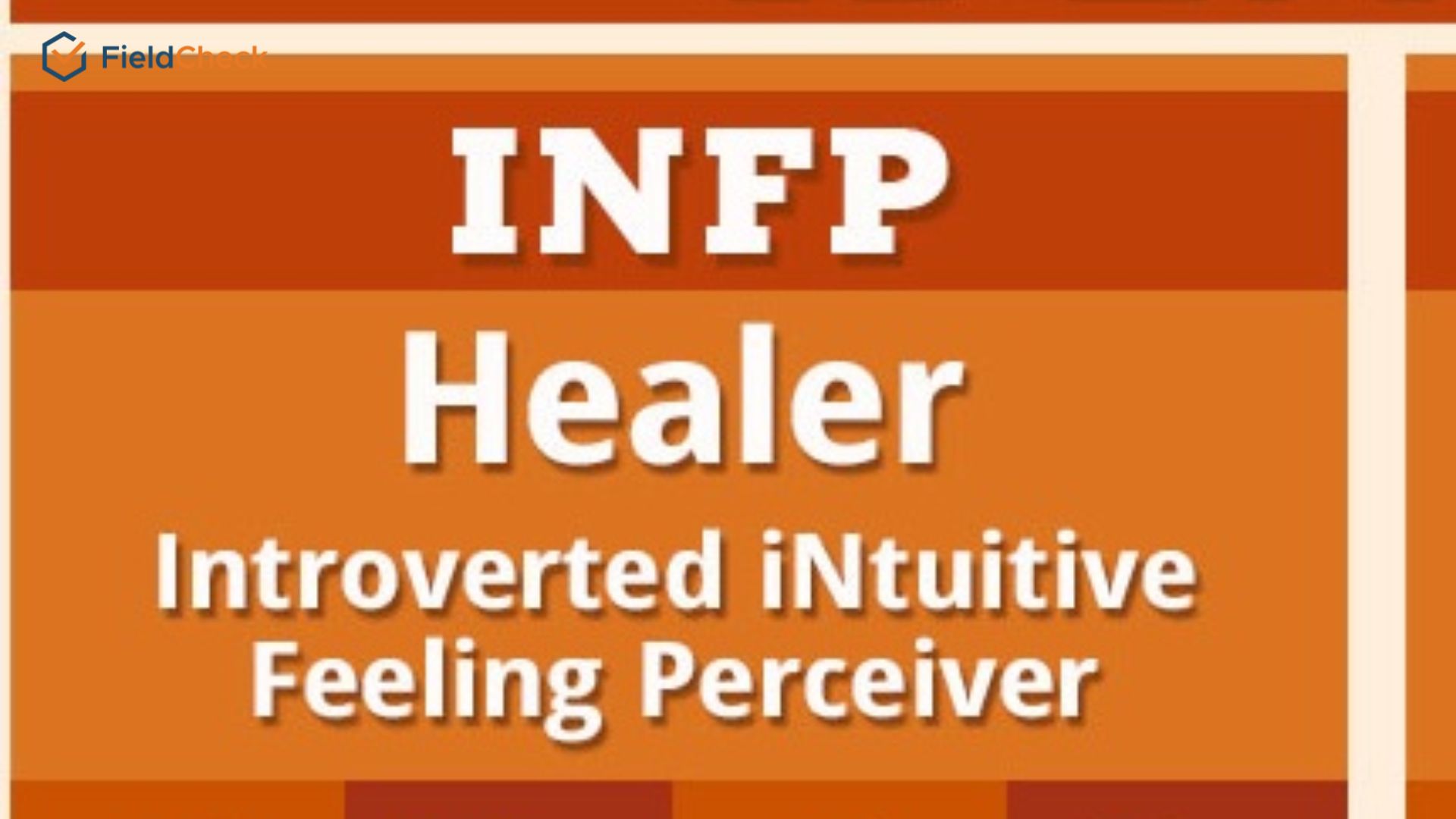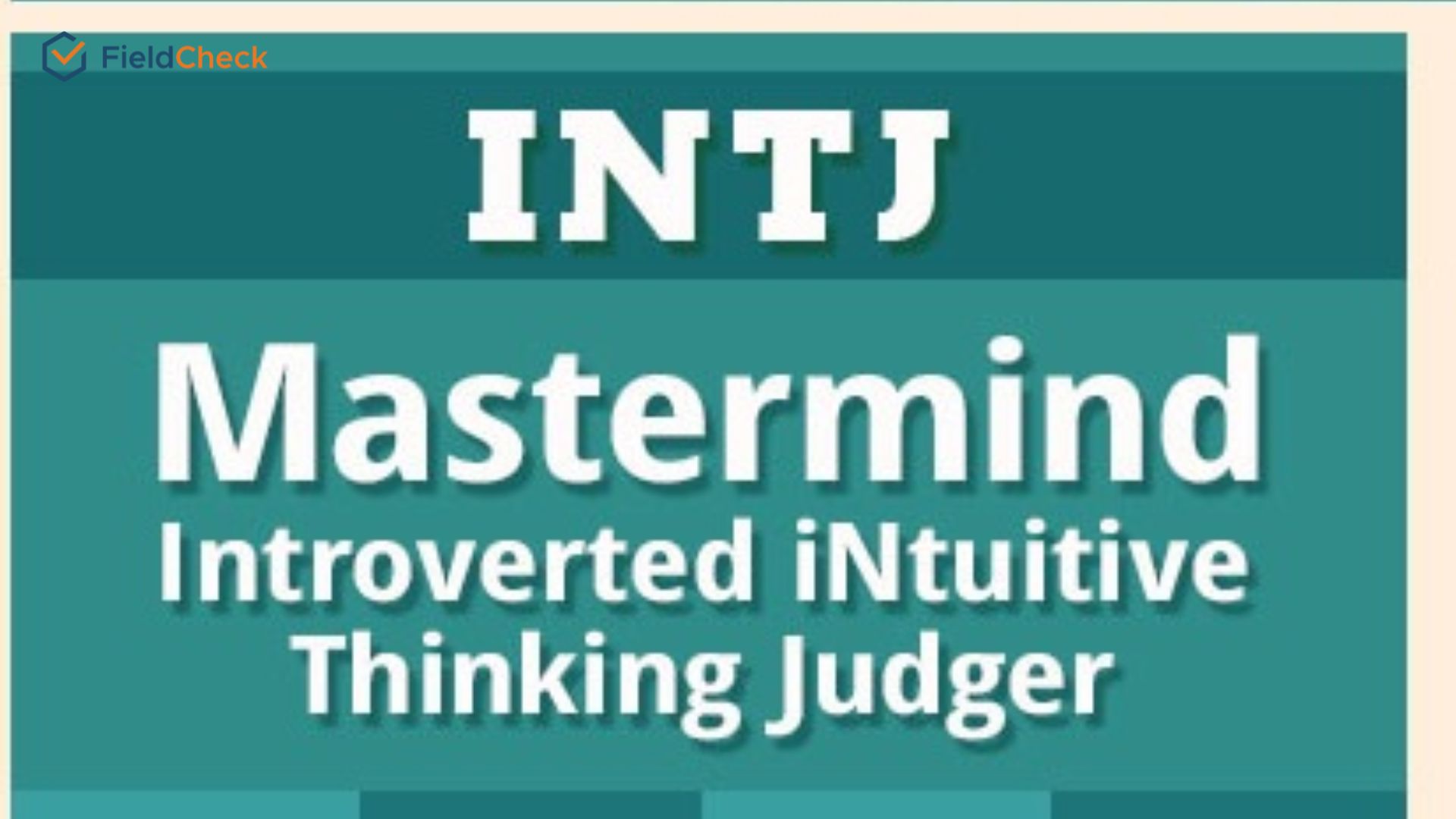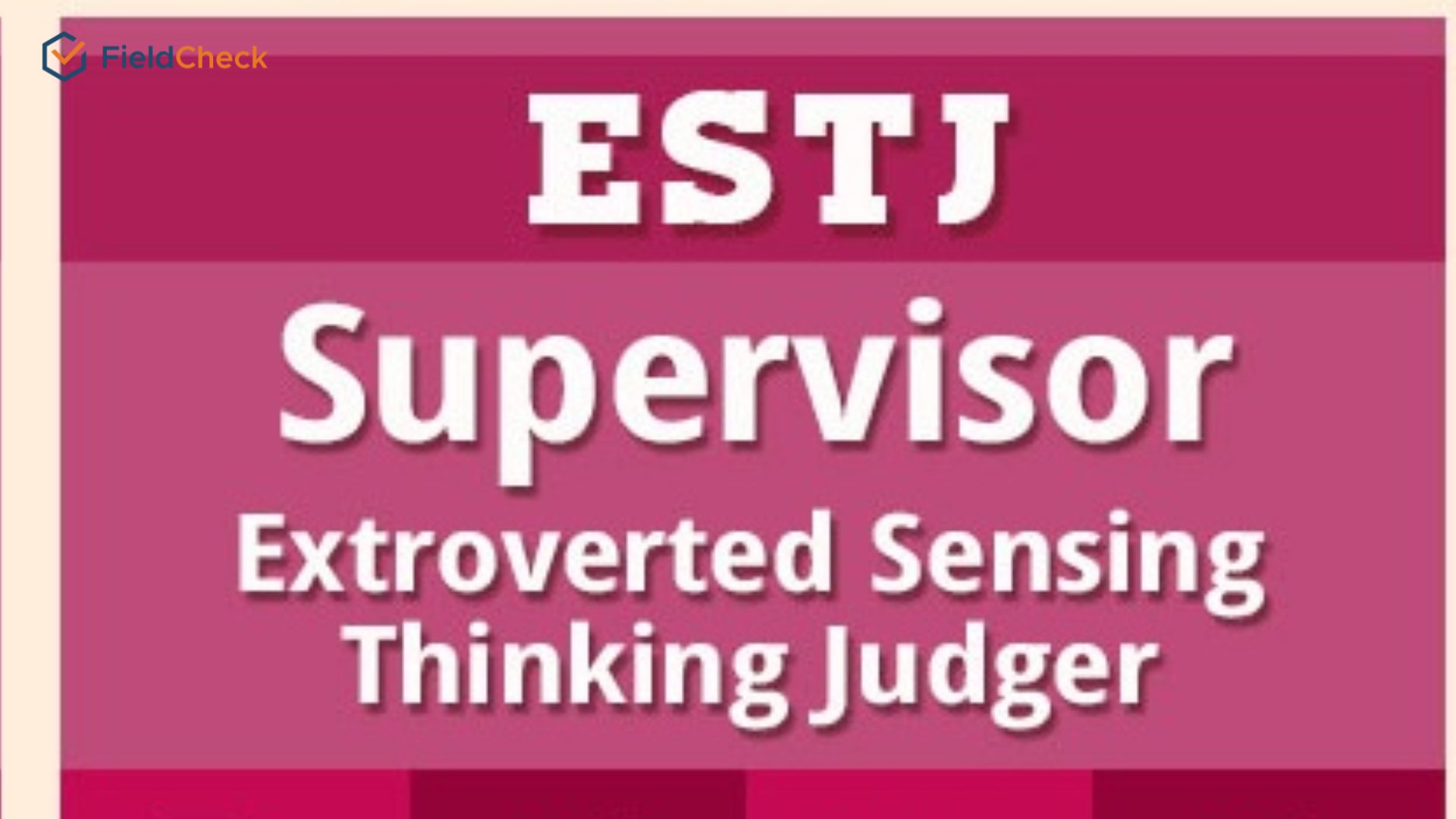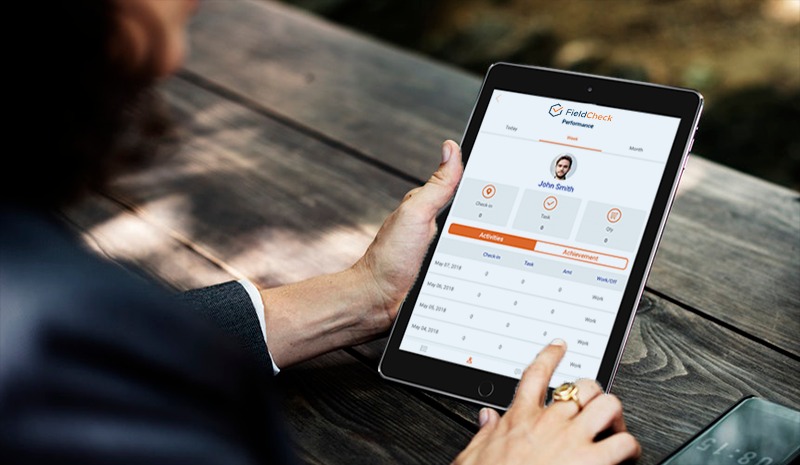How To Use MBTI Test For Human Resource Management
The MBTI test is one of the most popular and accurate personality tests available today.
MBTI uses a series of built-in multiple choice questions based on the background of psychology, analyze the difference in personality through each person's answers.
MBTI helps employees better understand themselves and provides information and career suggestions that match their natural personality inclinations.

Understanding personality type with MBTI test
In the corporate environment, the MBTI personality test is a helpful tool for employers to evaluate and select suitable candidates for a particular position in the company. Meanwhile, candidates can also refer to MBTI to determine the career best suits their interests and personality. Besides recruitment and human resource assessment activities of enterprises, MBTI is also applied in other fields such as education, skills training,...
In short, the MBTI test helps individuals to become aware of the world around them and assists in making decisions about all aspects of life.
If you still don't know why so many people use the MBTI, find out in the following article the origin and criteria for personality classification, as well as an overview of the 16 personality groups in the MBTI system.
What Is The MBTI Test?
MBTI stands for Myers-Briggs Type Indicator, a personality classification method developed by two scientists Katherine Briggs and her daughter - Isabel Myers. This method uses multiple-choice questionnaires to determine the strengths and weaknesses of each individual's personality.
Based on the combined answers to the questionnaire, each person will be classified into a personality type in the 16 personality types defined by Briggs and Myers. The goal is to allow test takers to discover more distinctive features of their personality, including interests, thoughts, feelings, and what kind of person they are in different relationships.
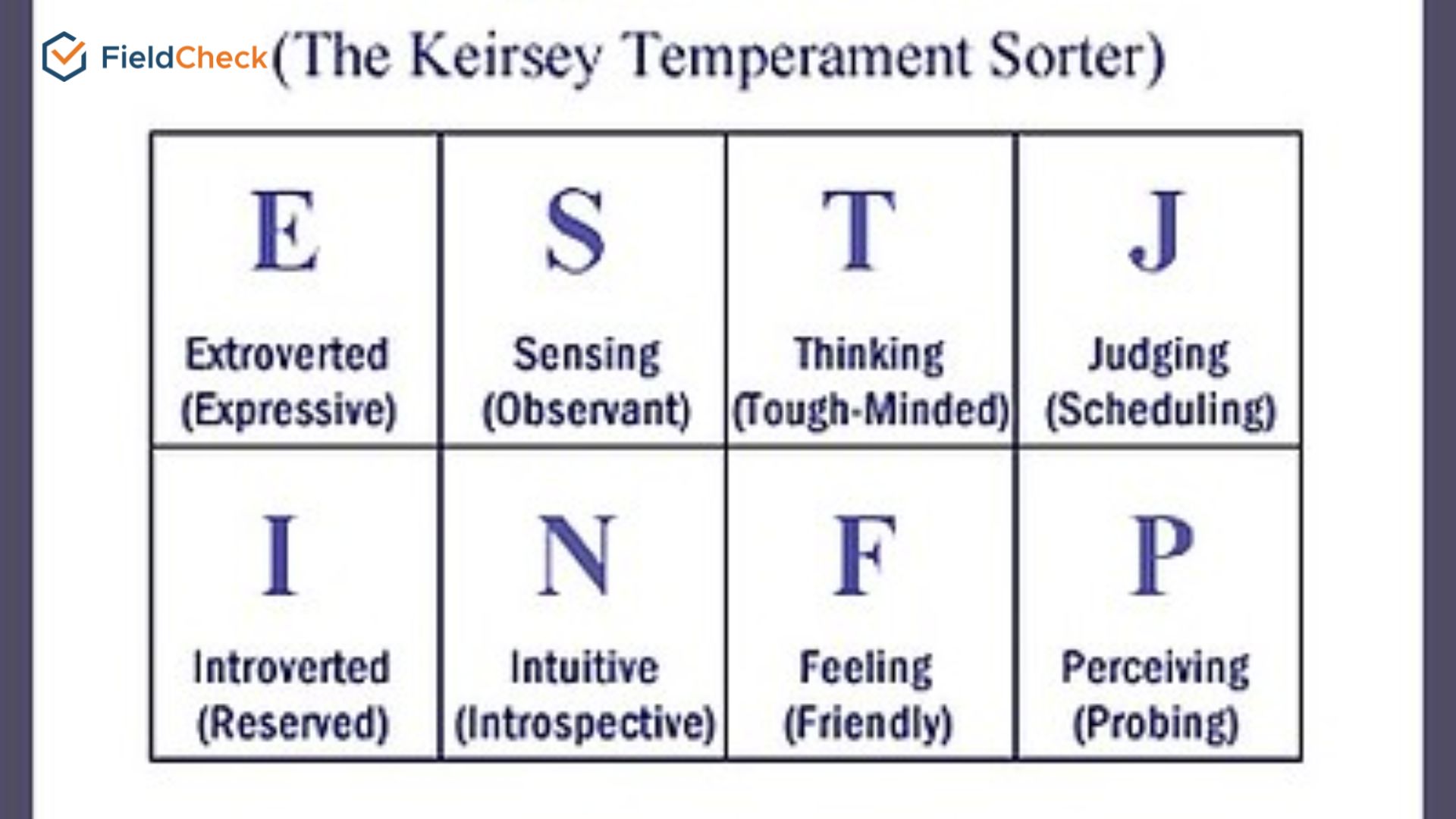
Personality Type Indicators in MBTI
The MBTI identifies personality traits to help you better understand yourself, not to make comparisons as to which personality is "better" or "best". In this way, Briggs and Myers believe that MBTI can help people discover the good and bad about themselves, understand those around them, and lead healthier, more positive life.
MBTI Test's Science-Based Theory
It is often known that although Briggs and Myers are the founders and developers of the MBTI, Carl Gustav Jung, the Swedish psychologist, is the father of this method.
According to Jung's taxonomy, people have two main personality types: Introvert - Extrovert, always existing inside each person. But these two factors will prevail differently in each individual, determining that person's personality, actions, and perception towards more internal awareness or more external environment.
In addition, this psychologist also thinks that an individual with Introvert or Extrovert tendencies can be classified according to 4 more characteristics, namely: Thinking - Feeling (Feeling), Sense (Sensation) ) - Intuition (iNtuition). A person with an introvert or an extrovert personality group will have one of the four cognitive functions above.
Then, building on the foundations of Carl Jung's research, Briggs and her daughter Myers added a fourth element: Judging, a way of influencing the outside world. They also tried to make his theory more accessible and understandable to the public.
Thus, there are four criteria to classify human personality; based on the above dichotomies, the MBTI system of 16 personality groups was born. The name of each group has four abbreviations representing four classification criteria.
However, Jung's or Myers-Briggs' theories are based entirely on subjective observations and personal experiences with those around them. Therefore, most psychologists believe that the MBTI has many shortcomings and limitations because "there is no objective evidence" and not any scientific research to prove the hypotheses and speculation above.
So does the MBTI test guarantee accuracy in assessing personality, and is it a valid metric? How reliable is this test? Let's discover the answer in the next section!
MBTI Test's Accuracy
The MBTI test is viral and widely used in commercials and entertainment. But besides that, many people are indifferent and do not know about this test. Some people even expressed doubts about the trial's results and distrust of its accuracy.
Human personality will change over time and environment, so the results of MBTI may not be the same if we do it again after a long time. But if a person executes the test simultaneously or the time between tests is not too long, the results cannot be changed.
However, in one study, about 50% of people who took the MBTI test twice just five weeks apart received utterly different results, which reduced the reliability of the test. However, this assessment method has been repeatedly supplemented and improved by the exclusive research and publishing organization of the MBTI test (with the accuracy and correlation of the published test up to 90%).
In addition, personality is a factor that cannot be explicitly measured, so MBTI is also not a tool that can determine personality and clearly distinguish an individual accurately from a personality with them in reality. The results of the MBTI are, after all, only a reference, not a predictor of the future or the likelihood of success of a particular type of person in specific professions.
The Difference Between the MBTI Test and Other Personality Classification Tools
Here are some personality tests in business that many companies worldwide apply:
ENNEAGRAM
The Enneagram is a classification represented by the points of a pie chart, showing the relationship between nine different personality types: Perfectionism, Kindness, Ambition, Personality, Reason, Loyalty, Enthusiastic, Challenging, and Moderate.
Despite having the same level of complexity as the MBTI, the Enneagram tool with its “Basic Fear” and “Basic Desire” approaches is much easier to design than the MBTI test. Therefore, the validity and reliability of Enneagram are relatively better than MBTI.
Big Five
The Big Five test identifies the five most essential aspects of our personality: Openness, Devotion, Extroversion, Pleasure, and Sensitivity.
Unlike the MBTI, this model does not label an individual's personality type into any group but instead checks to see what percentage or score an individual has on each of the five dimensions listed above.
The Big Five model is widely used in research because it does not classify people's personalities. But instead, it marks five aspects of their inherent personality in a continuum, including the child personality element.
In addition, because it is recognized and perfected by many psychologists, the Big Five test is much more accurate and reliable than the MBTI.
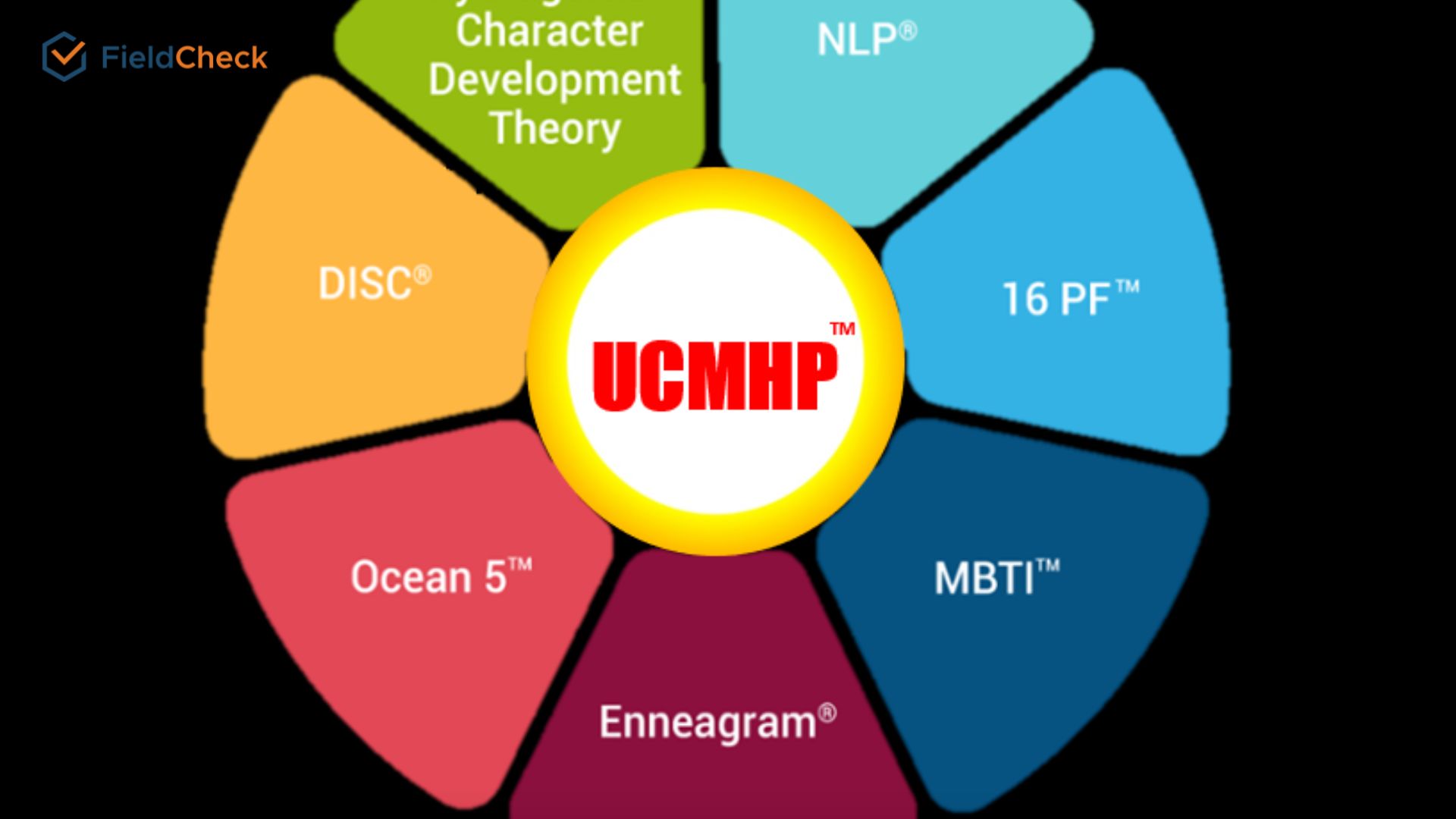
Personality classification tools
DISC
Based on research by psychologist William Moulton Marston, DISC is a professional assessment method that helps determine a particular individual's personality by observing that person's behavior at a specific time. Individuals and organizations around the globe use both the MBTI and DISC tools, providing comprehensive insights into human behavior and personality.
However, compared to MBTI, the DISC test is shorter with the number of questions usually in the range of 24-30. Meanwhile, the MBTI questionnaire has many versions, averaging 90 to 200 questions.
DISC uses mainly four behavioral patterns, corresponding to the four abbreviations of the test name: Dominance - Influence - Steadiness - Conscientiousness. While the MBTI assumes that personality is fixed, the DISC extends to different behavioral traits in different situations within the same individual.
4 Personality Classification Criteria in MBTI
MBTI analyzes and assesses personality based on four classification criteria corresponding to four pairs of categories around our worldview, including:
- Natural Tendencies: Introversion/Extroversion (I/E)
- Perception of the world: Sensing/Intuition (S/N)
- Decisions and Choices: Thinking/Feeling (T/F)
- How to act: Judging/Perceiving (J/P)
When combined, each element of the above four groups will form 16 personality groups, representing the 16 MBTI types of people.
16 Personality Groups According to MBTI
The 16 MBTI personality groups are a harmonious blend of all four criteria mentioned above. Here's a brief overview of these 16 groups, including personality traits, strengths, weaknesses, and career suggestions that fit each group.
1. ISTJ - The Inspector/Logistician
ISTJ stands for Introvert, Feel, Think, Evaluate. It is the most common personality group accounting for about 14% of the world's population. They are truth-oriented, respect the truth, and tend to absorb a lot of information and remember it for a long time.
- Suitable occupations: Accountant, Auditor, Mechanic, Pilot, Driver, Coach, Athlete, Pharmacist, Doctor,...
- Strengths: Perseverance, ability to plan.

ISTJ
2. ISFJ – The Nurturer/Protector
ISFJs are very emotional and selfless people. They often have a prosperous inner world, have a very developed aesthetic sense and sense of space.
- Suitable occupations: Kindergarten teacher, nanny, baker, flight attendant, painter, accountant, auditor, etc.
- Strengths: realistic, honest, consistent, and reliable.
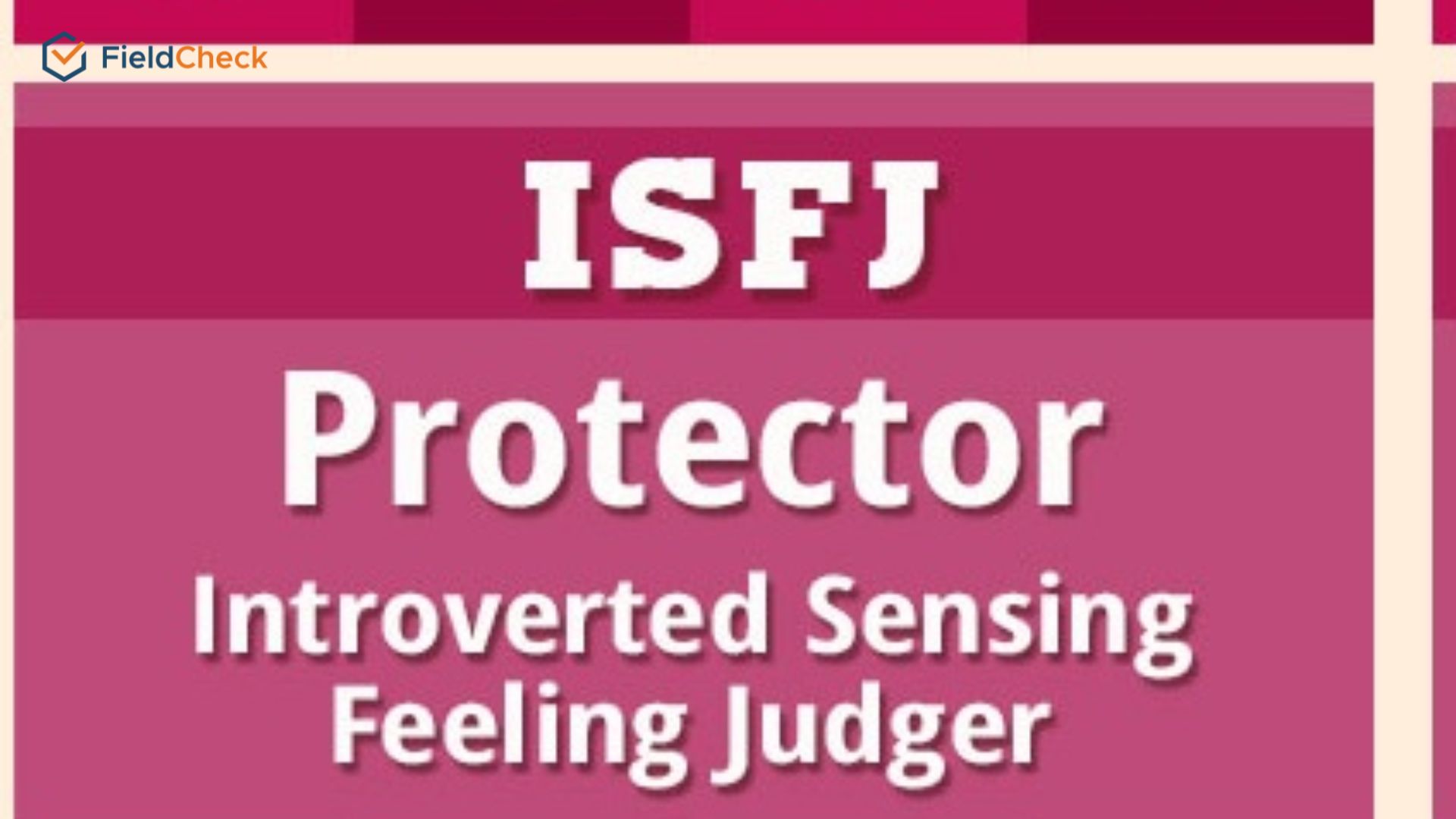
ISFJ
3. ISFP - The Artist/Adventurer
ISFPs are good at improvisation, flexible and friendly, tolerant, rarely judgmental, have a natural talent for art, sophistication, and personality, and are open to everyone and everything. It is the most unpredictable of all the introverted personality types.
- Suitable occupation: painter, architect, carpenter, nurse, policeman, etc.
- Strengths: subtle, thoughtful, different personality.
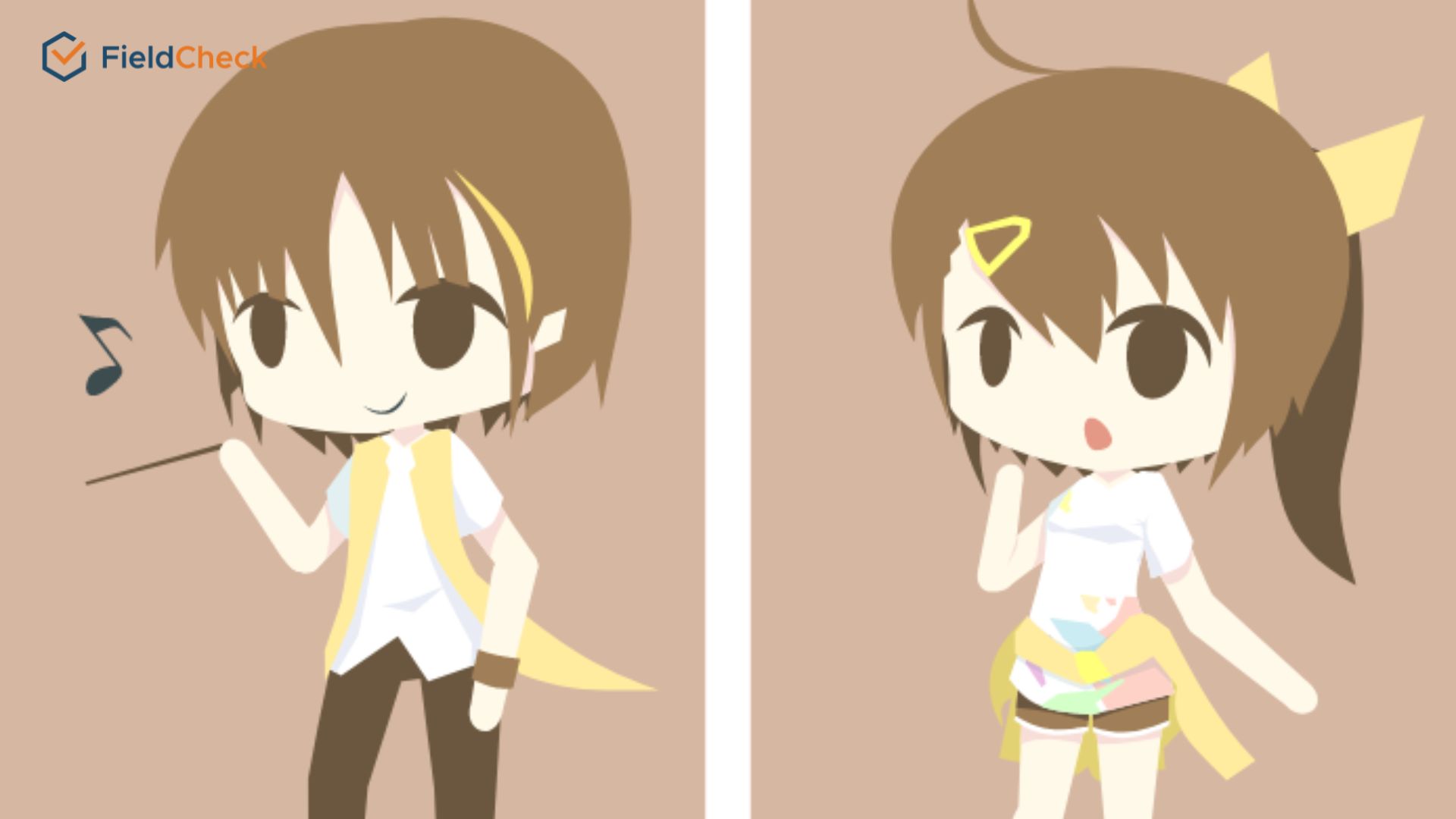
ISFP
4. ISTP - The Craftsman
This personality group possesses many exciting traits. They are often very logical thinkers but can sometimes surprise people with unexpected outbursts and enthusiasm. Besides, they are also very creative, flexible, good at physical activities, like to take risks, and skillful.
- Suitable occupations: Programmer, mechanic, carpenter, chef, policeman, photographer, etc.
- Strengths: Flexible, practical, and creative.
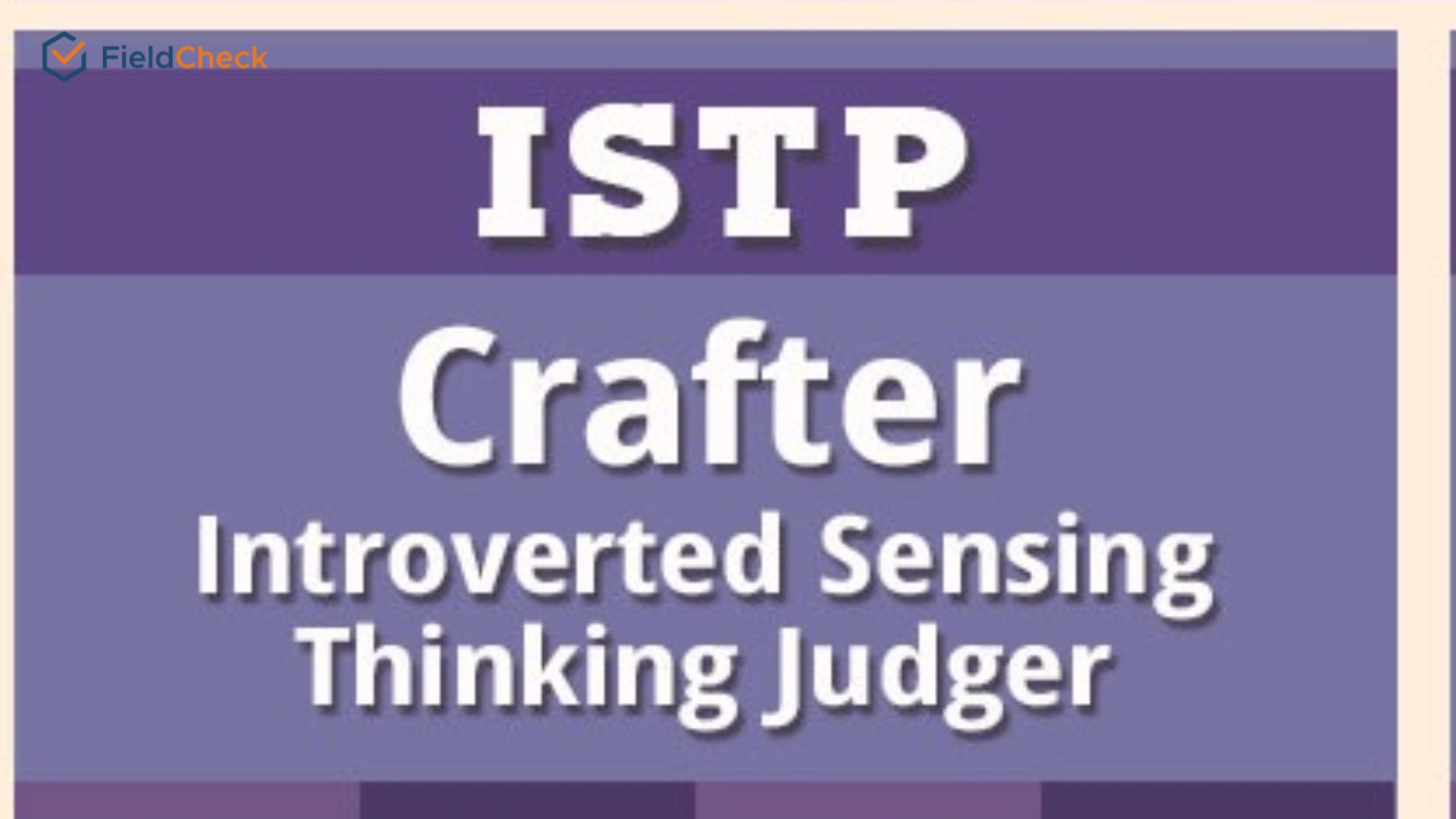
ISTP
5. INFJ - The Guardian/Mentor
INFJs (Introverts, Intuitions, Emotions, and Judging) are highly intuitive people. They are people who like things in order. INFJs are patient and understanding people. This personality group often has strong opinions, especially concerning issues that concern them. They tend to help others and are willing to fight for what they think is right, firmly believing in their ideals.
- Suitable occupation: Doctor, teacher, lawyer, consultant, etc.
- Strengths: Creative, dedicated, compassionate.
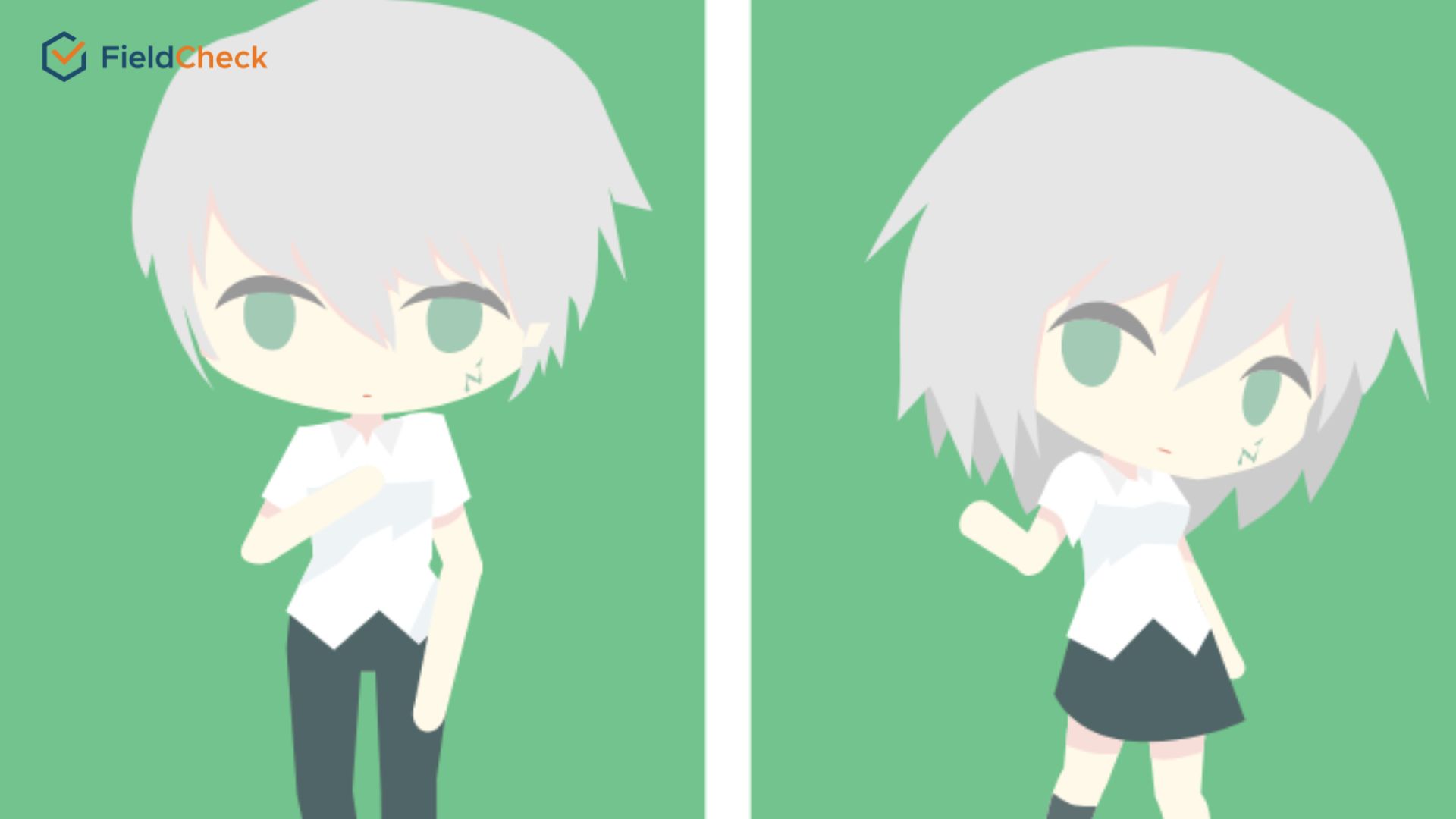
INFJ
6. INFP - The Idealizer/Mediator
Because of characteristics such as Introversion, Intuition, Emotion, and Perception, INFPs are often seen as calm, reserved, or shy. They don't like conflict and avoid it as much as possible. However, within them is a burning passion. INFPs are also highly emotional and compassionate people.
- Suitable careers: Design, art, media, healthcare, education, etc.
- Strengths: Creative, original, kind, and caring.
INFP
7. INTJ - The Mastermind
This group is often seen as very intelligent, radiating confidence in their understanding and knowledge. They are coherent thinkers and very suitable leaders for breakthrough projects. INTJs have great potential to achieve great things. However, INTJs have little regard for others and are mysteriously challenging to understand.
- Suitable careers: Accountant, auditor, prosecutor, lawyer, market researcher, programmer, software engineer, etc.
- Strengths: Logic, strategy, intellect.
INTJ
8. INTP - The Thinker
INTP is an acronym for Introspection, Intuition, Thinking, and Feeling. People with the INTP personality are usually out-of-the-box thinkers. They love theory and believe that all things can be analyzed and improved. INTPs have a passion for science and work with a goal but do not like to lead or control others.
- Suitable careers: Architect, graphic designer, programmer, software engineer, economist, accountant, auditor, financial analyst, etc.
- Strengths: Has clear goals and enthusiasm.
9. ENFJ - The Giver/Instructor
ENFJs are often influential because they are charismatic and eloquent. They show sincerity in how they care about people and easily convey their opinions or views to those around them. ENFJs always want to create good values for the community, but are afraid of crowds and are relatively closed compared to other extroverted groups.
- Suitable career: Teacher, lecturer, human resources, marketing, event organizer, etc.
- Strengths: Excellent communication and interaction, ability to persuade.

ENFJ
10. ENFP - The Inspirer/Leader
People of the ENFP personality group are often curious and always study everything in depth. As intelligent, enthusiastic people, ENFPs can interact well and be flexible with everything. They are also quite romantic and mysterious, have many ideals, and get bored quickly.
Suitable occupations: Diplomat, speaker, teacher, banker, marketing, business, etc.
Strengths: Excellent communication, rich imagination, etc.

ENFP
11. ENTJ - The Operator/Commander
This personality type is usually charismatic, rational, responsive, problem-solving, outspoken, and decisive. ENTJs have the best leadership abilities of all personality groups, believing that anything is possible with determination.
Suitable career: Manager, software engineer, human resources, law, business, etc.
Strengths: Strong-willed, talented leader.
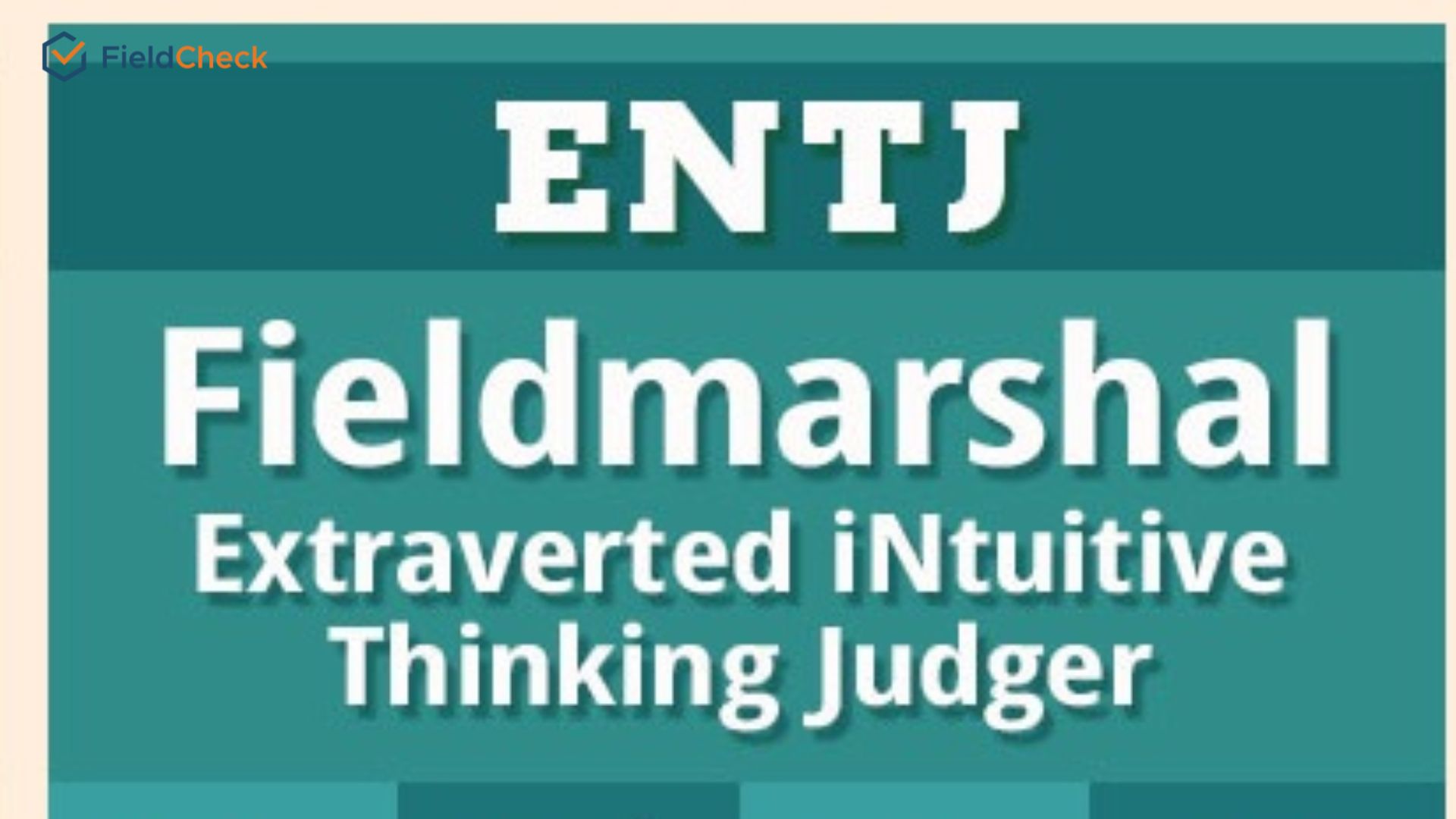
ENTJ
12. ENTP - The Debater/ Explorer/ Inventor
This personality group is very agile and original, which gives them a significant advantage in debates, academic and political fields. In any field, these people quickly succeed because they are always ready to face challenges. However, ENTPs are not the type to like to make plans, they are dominated by pressure and obsess over the little details.
Suitable occupations: Graphic designer, fashion designer, architect, civil engineer, lawyer, university lecturer, doctor, etc.
Strengths: pioneer, rich in ideas, good adaptability.
13. ESFJ - The Caregiver/ Caretaker
It is a personality group of people who are practical, selfless, good at teamwork, traditional, and do their best to uphold what is right. Although pragmatic and principled, sometimes rigid, ESFJs are warm, kind, and caring for those around them. ESFJs have characteristics quite similar to modern Vietnamese women.
Suitable occupations: Teacher, police officer, reporter, nurse, etc.
Strengths: loyal, serious, steadfast.
ENTP
14. ESFP - The Performer
ESFP includes the following elements: Extroversion, Perception, Emotion, and Perception.
ESFPs are lively and cheerful, love to be the center of attention, and like the simplest things. They have good communication skills, are optimistic, and have good taste and perception. ESFPs are also very creative and curious about every new experiment.
Suitable occupation: Actor, singer, chef, architect, musician, policeman, etc.
Strengths: Sincere, bold, and optimistic.
15. ESTJ - Supervisor/Guardian
ESTJs are people with principles, traditions, and stability who feel the need to bond with something - be it a family, a community, or a social group or organization. ESTJs are sometimes referred to as the Guardian personality as they tend to take responsibility and make sure everything is done correctly.
Suitable occupations: Police officer, pilot, chef, lawyer, judge, doctor, etc.
Strengths: organizational skills, effective planning, integrity, etc.
ESTJ
16. ESTP- The Entrepreneur/Executor
People in this group are very collectivistic, spontaneous, straightforward, and action-oriented. They always get to the heart of the matter, so they don't like to engage in theoretical debates or have to think about the future. They focus on the present moment and do their best for what they are passionate about. ESTPs are very good at understanding other people's motives. They often generate positive energy.
Suitable occupations: Police officer, pilot, civil engineer, mechanical engineer, reporter, bartender, etc.
Strengths: Confident, determined, friendly.
Application of MBTI Test in Human Resource Management
With the widespread popularity and effectiveness of MBTI, many companies worldwide have been applying this tool to analyze the personality of employees to put them in the proper position.
Besides the applications in the field of life, the MBTI test is an indispensable tool if you want to manage and lead a business successfully. Business activities that apply MBTI include personnel recruitment, human resource management, and employee evaluation.
HR Recruitment
The pool of candidates is overgrowing, making it increasingly difficult for recruiters to manage the flow of applicants and identify suitable candidates in a sea of resumes. The application of pre-interview tests significantly streamlines this process.
Through the MBTI Personality Test, employers can assess whether a candidate is a good fit for the organization's environment and people.

MBTI application in personnel recruitment
In addition to analyzing the personality of each group through the MBTI test, there is also an analysis of the performance of each group in the working process, thereby knowing their strengths and weaknesses – this is very beneficial for managers.
Employee Management and Training
An essential criterion in human resource management is employee understanding. Understanding each member's personality can help managers increase their leadership ability when they can know their personality, how to react to pressure, how to work in a team, and their ability to focus and be creative. Staff.
In addition, there are personality groups that work better with each other than others, so understanding their personalities helps to optimize collaboration in the workplace.

MBTI can help managers lead the team well
Employee Evaluation
Knowing the above factors not only helps managers to allocate appropriate positions and tasks to respective individuals but also helps to design appropriate reward and discipline criteria.
Also, HR administrators can create working rules in the business to minimize conflicts between employees and build an effective team of employees.
